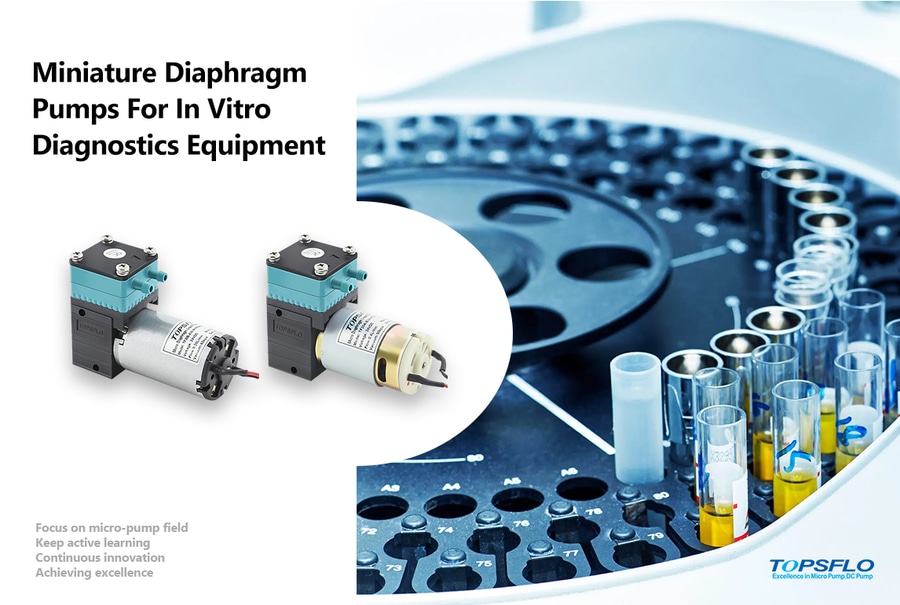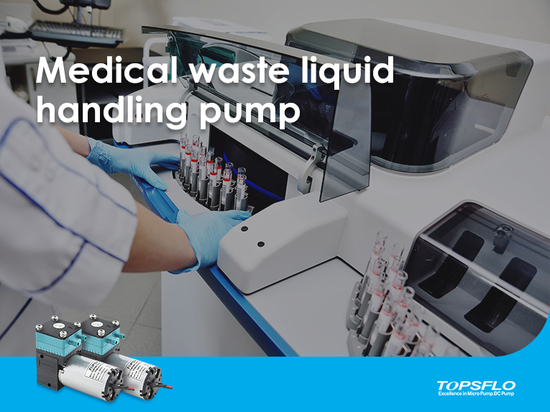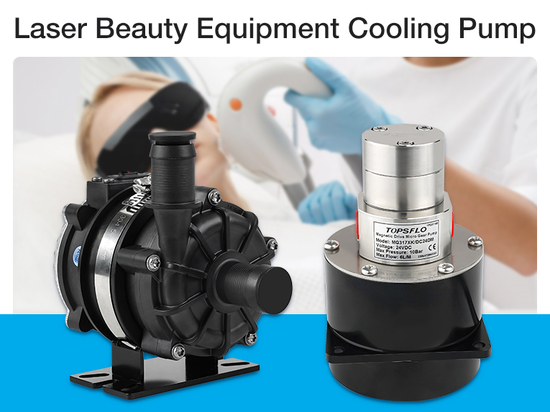
#Industry News
Material Compatibility in In Vitro Diagnostics Equipment: Why Miniature Diaphragm Pumps Are a Safe Choice
TOPSFLO High-end Medical Pump manufacturer
Introduction
In vitro diagnostics (IVD) play a pivotal role in healthcare by providing accurate and timely information about a patient's health. These diagnostic tests are highly dependent on the precision and reliability of the equipment used in laboratories and point-of-care settings. One crucial aspect of ensuring the effectiveness of IVD equipment is material compatibility. In this article, we will explore the significance of material compatibility in IVD equipment and why miniature diaphragm pumps are a safe choice for this critical application.
The Importance of Material Compatibility
Material compatibility in IVD equipment refers to the ability of the materials used in the construction of the equipment to withstand exposure to various reagents, chemicals, and biological samples without degradation. Ensuring material compatibility is essential to avoid contamination, leaching of harmful substances, and equipment malfunction, all of which can compromise the accuracy of diagnostic results.
The Challenges of Material Compatibility
IVD equipment comes into contact with a wide range of substances, including aggressive chemicals, biological samples, and reagents. These materials can vary significantly in their composition, pH, and viscosity. To meet the stringent requirements of IVD applications, the materials used in the construction of the equipment must be carefully selected to withstand these challenges.
Why Miniature Diaphragm Pumps Are a Safe Choice
Micro diaphragm pumps have gained prominence in IVD equipment due to their exceptional material compatibility. These pumps offer several advantages that make them a safe choice for use in IVD applications:
Chemical Resistance: Miniature diaphragm pumps are often constructed using chemically resistant materials such as PTFE (polytetrafluoroethylene) and stainless steel. This ensures their compatibility with a wide range of reagents and chemicals commonly used in diagnostic tests.
Precise Fluid Handling: Mini diaphragm pumps are known for their precise and controlled fluid handling capabilities. This accuracy is vital in IVD equipment, where small variations in fluid volumes can lead to significant errors in test results.
Reduced Risk of Contamination: The design of micro diaphragm pumps minimizes the risk of contamination or sample carryover, ensuring the reliability of diagnostic results.
Longevity: Miniature diaphragm pumps are known for their durability, even when exposed to aggressive substances. This longevity reduces the need for frequent replacements and maintenance, making them a cost-effective choice for IVD equipment manufacturers.
Low Maintenance: Mini diaphragm pumps require minimal maintenance, which is advantageous in IVD applications, where equipment uptime and reliability are critical.
Conclusion
Material compatibility is a fundamental consideration when designing and selecting components for in vitro diagnostics equipment. Miniature diaphragm pumps, with their chemical resistance, precision, reduced risk of contamination, longevity, and low maintenance requirements, are a safe choice for IVD equipment manufacturers. These pumps contribute to the accuracy and reliability of diagnostic tests, ultimately improving patient care and healthcare outcomes. As the field of IVD continues to advance, the choice of compatible materials, such as micro diaphragm pumps, will remain essential to the success of diagnostic testing.






